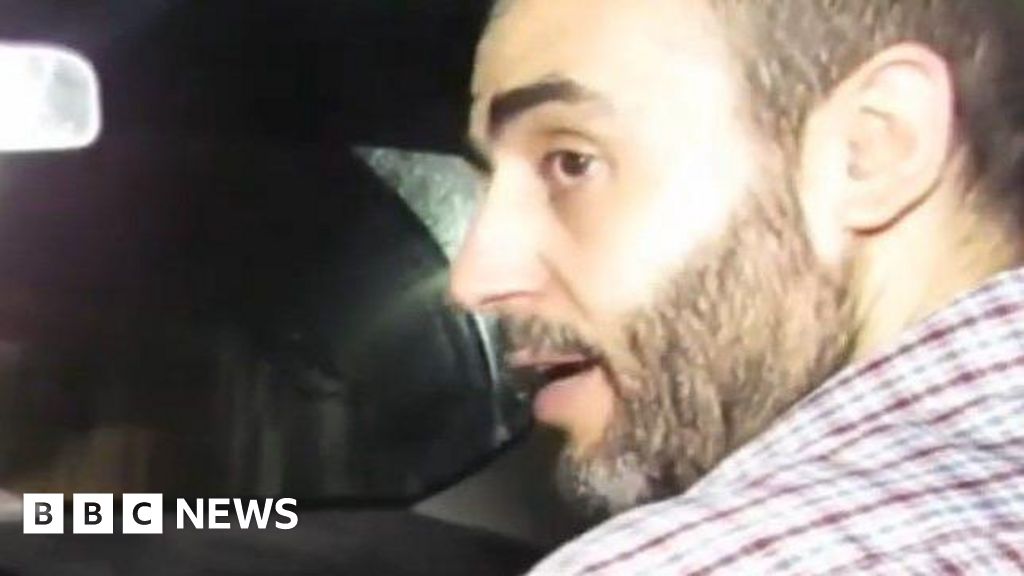In a recent development in the ongoing conflict between Israel and Hamas, Israeli Prime Minister Benjamin Netanyahu announced the killing of Hamas's Gaza chief, Mohammed Sinwar. This significant event comes after Sinwar took over leadership following the death of his brother, Yahya Sinwar, who was the previous leader of the group. Yahya Sinwar was known for his involvement in a terror attack in October 2023 that escalated tensions with Israel and led to a broader conflict.
The Israeli military conducted a targeted strike on Mohammed Sinwar, signaling a major operation to dismantle Hamas's infrastructure in Gaza. The attack, which took place at the European hospital in Khan Younis, reportedly aimed to destroy Hamas's underground networks in the area. The strike resulted in casualties, with Gaza's health ministry confirming the death of 28 individuals. However, Hamas has not officially acknowledged Sinwar's death.
The conflict between Israel and Hamas has a long history, with recurring cycles of violence and retaliation. The latest military campaign by Israel was triggered by Hamas's cross-border attack, which claimed the lives of numerous individuals and led to the abduction of hostages. The toll on civilians in Gaza has been devastating, with health officials reporting over 54,000 deaths since the conflict began.
Despite international calls for de-escalation and diplomatic efforts to resolve the crisis, the situation remains volatile. Netanyahu has vowed to continue the fight against Hamas until the group is eliminated and the remaining hostages are returned. The Israeli military's operations in Gaza have sparked condemnation from various quarters, with allegations of human rights violations and disproportionate use of force.
Amidst the conflict, stories of personal loss and tragedy have emerged, underscoring the human cost of the violence. Ward Jalal Al-Shaikh Khalil, a survivor of a deadly strike on a school, tragically lost her mother and two siblings in the attack. Such individual accounts serve as poignant reminders of the impact of conflict on innocent civilians caught in the crossfire.
Calls for accountability and justice have reverberated globally, with demands for an end to the cycle of violence and a lasting resolution to the Israel-Palestine conflict. International organizations have highlighted the need for adherence to humanitarian law and protection of civilian lives in conflict zones. The plight of Palestinians in Gaza has drawn attention to the urgent need for a peaceful and sustainable solution to the protracted conflict.
As the situation in the region continues to evolve, with tensions running high and prospects for peace seemingly distant, the international community faces the challenge of mediating a durable ceasefire and laying the groundwork for meaningful dialogue between the parties involved. The complexities of the Israel-Palestine conflict demand a comprehensive and inclusive approach that addresses the legitimate aspirations and rights of all stakeholders while ensuring the security and well-being of all affected populations.
The killing of Mohammed Sinwar, while a significant development in the conflict, underscores the entrenched nature of the hostilities and the difficult path towards lasting peace in the region. As efforts to de-escalate the situation unfold, the coming days and weeks will be crucial in determining the course of the conflict and the prospects for a peaceful resolution that upholds the principles of justice, compassion, and respect for human dignity.


